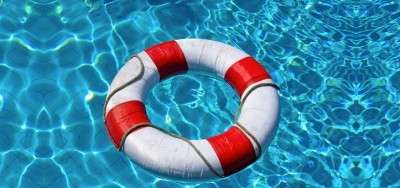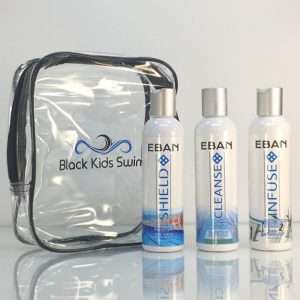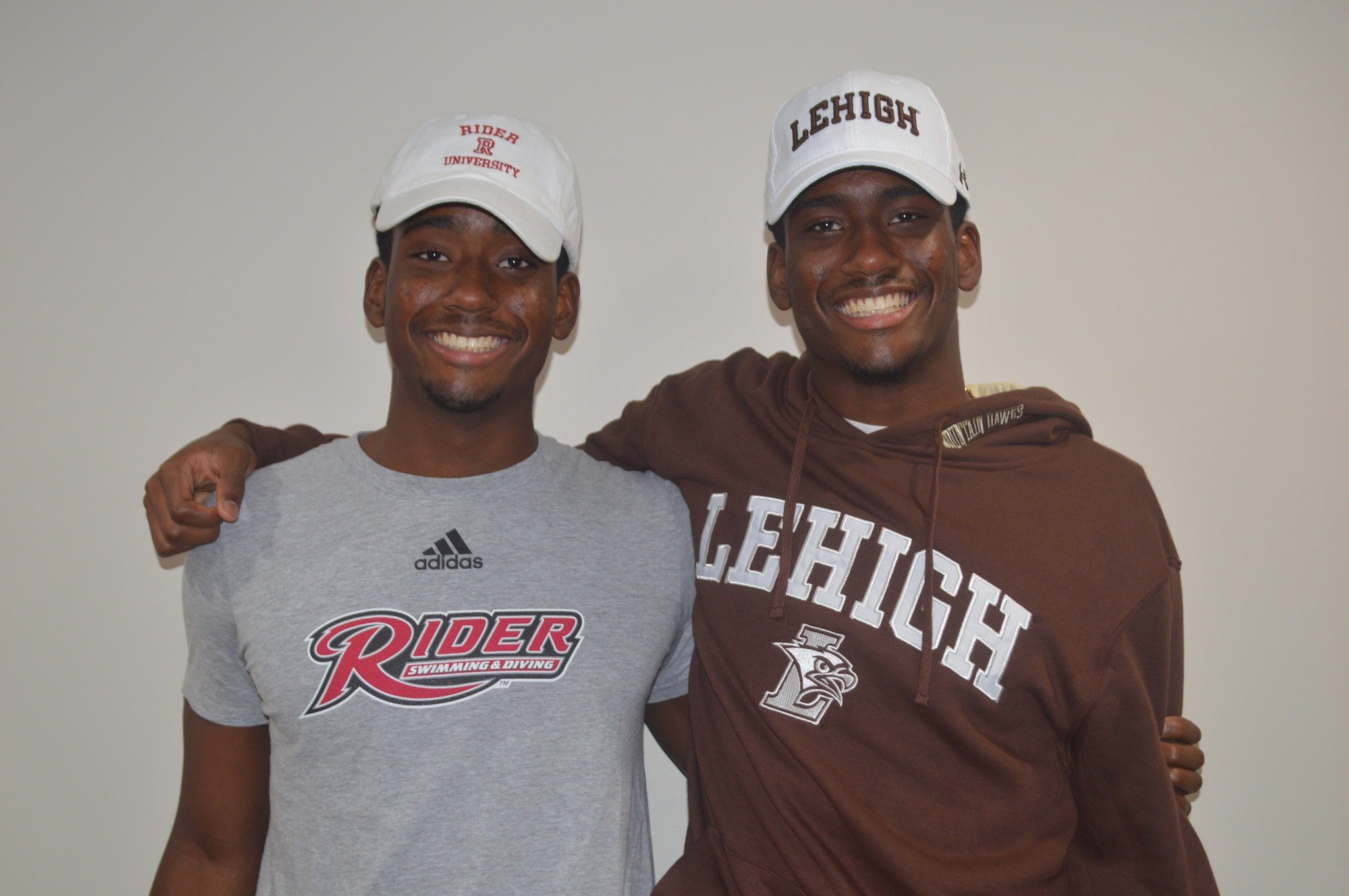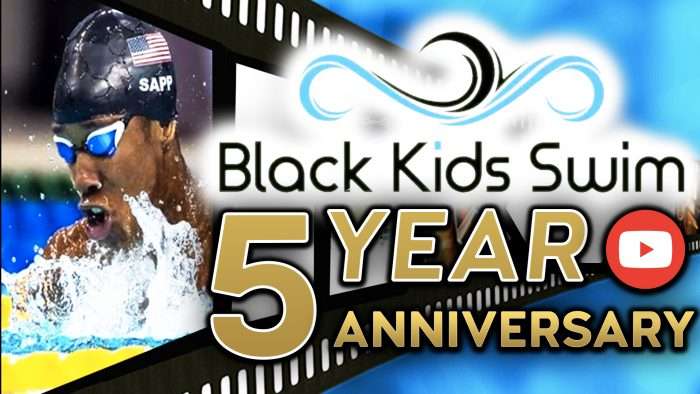
Why do some Black people fear the water?
Robert Lozado is a lifeguard and swim instructor for several pools in the Maryland-National Capital Park and Planning Commission. Many of the pools he works in are located in the majority African-American area of Prince George’s County Maryland. He teaches adults, infants and children how to swim. He has witnessed, first hand, the fear many African Americans have of the water – and more importantly – he has helped them to overcome that fear. We knew Robert would have something valuable to share with Black Kids Swim readers and we were right!
[pullquote align=”center” class=”” link=”” color=”#066cb2″ size=”20″]We’ve had adults that sign up for the course and their one goal for the entire 8 class course will be to just get their face in the water. That fear comes from childhood.[/pullquote]
Black Kids Swim: How long have you worked in aquatics?
Robert Lozado: I learned to swim in the M-NCPPC pool programs, from Bobbers and Floaters through level 4. And from then I joined a swim team, became a life guard and now I teach swim lessons to infants, children and adults. I’m always in the pool. I’m a fish! Swimming is a life skill and it has also helped keep me employed.
BKS: As someone who has been around pools for most of your life – why do you think Black people don’t swim in the same numbers as White people?
RL: It starts with infants. I teach classes for 3 to 5 year olds, even as young as 6 months. We don’t  often – it’s changed recently- but in the past we didn’t get Blacks and Hispanics coming in with their little ones to swim. At the younger ages you don’t see Blacks and Hispanics bringing their kids to Bobbers classes. So they just get a late start on learning the skills. Black kids are trying to learn level 1 skills (basic aquatic skills such as water entry and exit; breath control and submerging; floating and gliding on the front and back; and treading in chest-deep water) when they’re 14 whereas you have 6 year olds learning level 1 skills at the same time. I think it really all starts in the home.
often – it’s changed recently- but in the past we didn’t get Blacks and Hispanics coming in with their little ones to swim. At the younger ages you don’t see Blacks and Hispanics bringing their kids to Bobbers classes. So they just get a late start on learning the skills. Black kids are trying to learn level 1 skills (basic aquatic skills such as water entry and exit; breath control and submerging; floating and gliding on the front and back; and treading in chest-deep water) when they’re 14 whereas you have 6 year olds learning level 1 skills at the same time. I think it really all starts in the home.
BKS: As a swim instructor you’ve worked with many adults. In your opinion, why do some Black people fear the water?
RL: We’ve had adults that sign up for the course and their one goal for the entire 8 class course will be to just get their face in the water. That fear comes from childhood. Because they were never introduced to swimming. I have adults come to the lesson and they’ll say they haven’t been inside of a pool in 30 years. Or they have stories about being pushed into deep water and they panicked, it was tragic for them. They are no longer comfortable swimming now that they are older
BKS: How do you help people overcome that fear?
RL: Be personal with them, less teacher student and more friend to friend. I want them to think of it as me helping them rather than me trying to instruct them. As an instructor, developing that bond, that trust, really helps adults and children get comfortable with their skills.
BKS: 70% of African Americans can’t swim – do you see that statistic changing anytime soon?
RL: The past couple of years it’s been a great experience seeing all of the parents in this community really getting involved. Being really invested in the child’s lessons. Now, we get parents coming to ask us ‘Is my child passing? What can we work on at home? Can I fill the tub up and have him work on his bubbles?’ and that’s really good to see because it goes to show that the work that we’re doing here is not in vain. The parents and the kids are excited to be here. Parents are excited to bring the children here and it just makes for a good experience.
Black Kids Swim encourages EVERYONE to sign up for swim lessons at their local pool. If you happen to live in the Maryland area, visit M-NCPPC for details on swim classes. Robert may be your instructor!
Ebony is a wife and mommy of two gorgeous swimmers. She started Black Kids Swim to help parents (like herself!) who want to be supportive swim parents to African American children.







